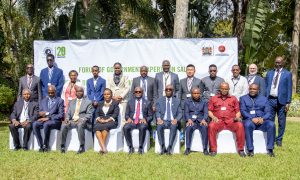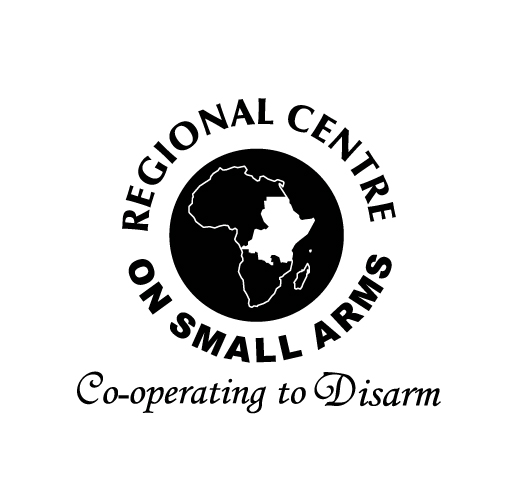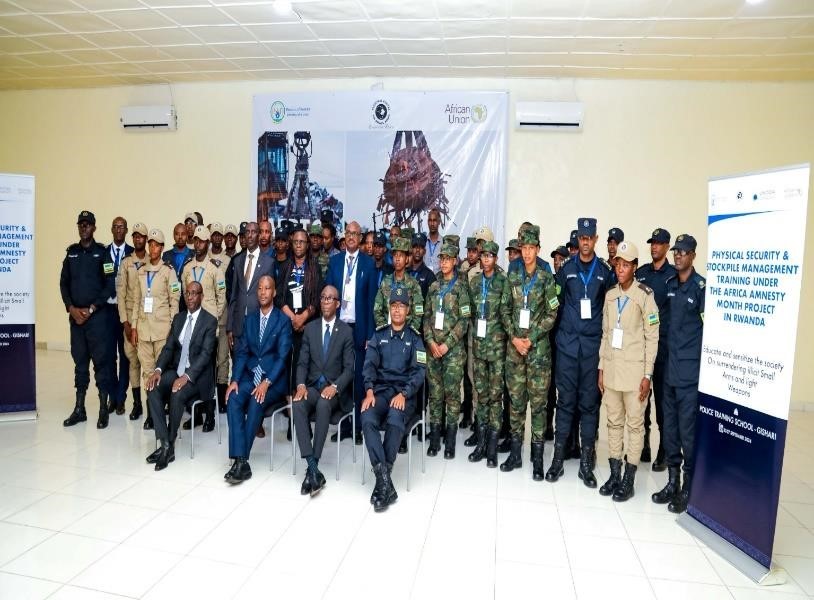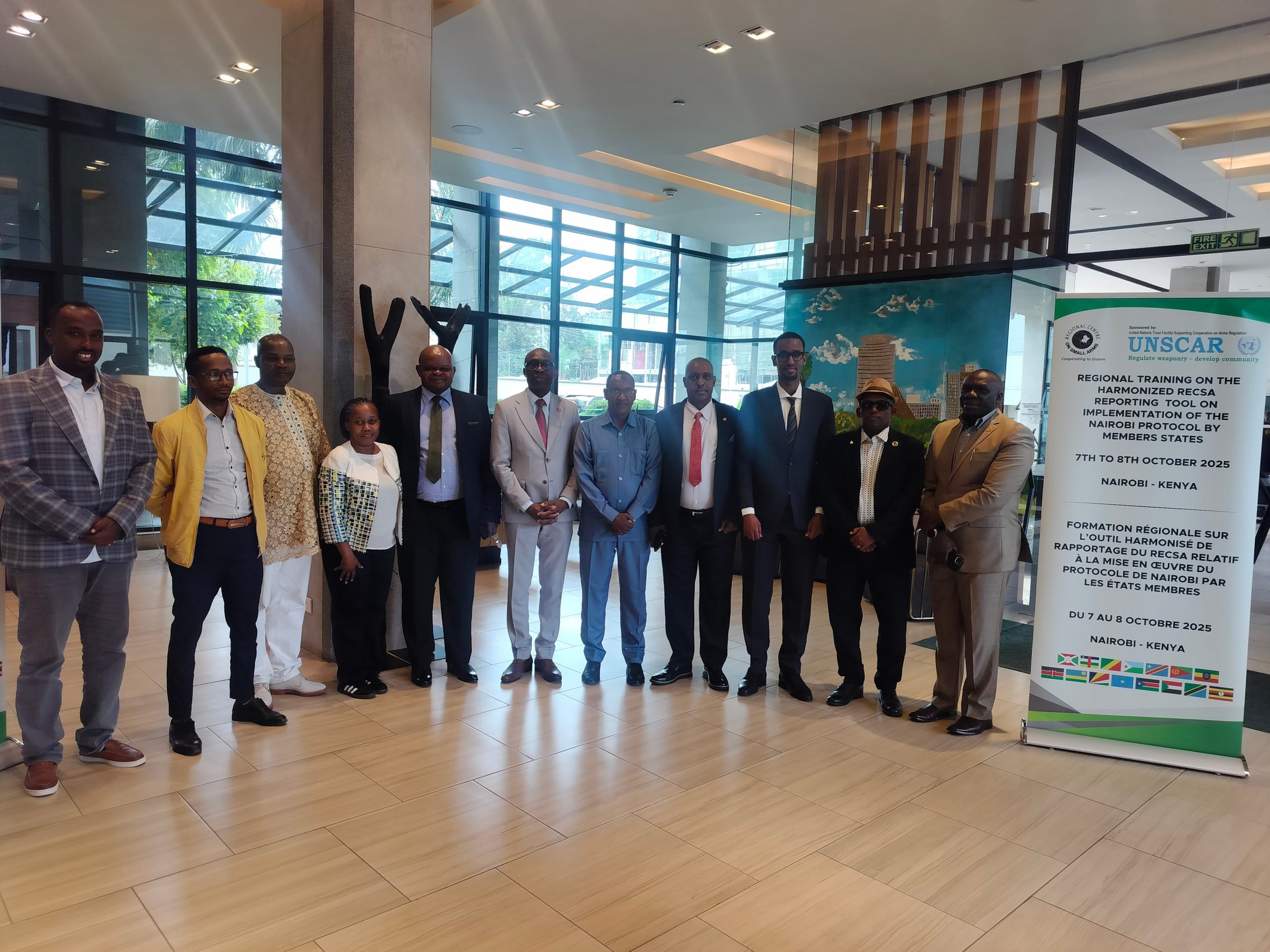

Nairobi, Kenya — June 2025
Two decades since its adoption, the Nairobi Protocol remains a cornerstone of efforts to combat the illicit proliferation of small arms and light weapons (SALW) in the Great Lakes Region, the Horn of Africa, and Bordering States. Today, in the face of emerging threats including armed non-state actors and the misuse of uncrewed aerial systems (drones), the United Nations Institute for Disarmament Research (UNIDIR) and the Regional Centre on Small Arms (RECSA) have jointly launched a landmark initiative to review and strengthen the Nairobi Protocol.
A Milestone for Regional Security
Adopted in 2004 and entering into force in April 2005, the Nairobi Protocol represents a legally binding agreement among 15 Member States—Burundi, Central African Republic, Republic of Congo, Democratic Republic of Congo, Djibouti, Ethiopia, Eritrea, Kenya, Rwanda, Seychelles, Somalia, South Sudan, Sudan, Tanzania, and Uganda—to prevent, control, and reduce SALW in the region.
Just months later, in June 2005, RECSA was established to support states in implementing the Protocol. Since then, the Protocol has guided regional cooperation on arms control, marking notable achievements in capacity-building, policy development, and disarmament.
This year, as RECSA marks its 20th anniversary, Kenya hosted the 11th Council of Ministers Meeting and the 16th Technical Advisory Committee Meeting, culminating in the public destruction of over 6,000 illicit and obsolete firearms. The event, presided over by H.E. Dr. William Ruto, President of Kenya, reaffirmed Member States’ commitment to combating illicit arms trafficking and improving regional peace and security.
President Ruto further announced Kenya’s intention to ratify the Arms Trade Treaty (ATT), a move welcomed by regional partners as a sign of growing momentum to enhance SALW controls.
Responding to New Security Challenges
During the commemorative events, RECSA’s Executive Secretary, Mr. Jean Pierre Betindji, underscored the urgency of reviewing the Protocol, stating:
“After 20 years of implementation of the Nairobi Protocol, our region is facing new challenges in the area of arms control. Member States are expected to go through the Protocol to see how to strengthen it to include new areas of intervention.”
In response to this call, RECSA and UNIDIR have partnered to launch a project titled “Reviewing and Strengthening the Implementation of the Nairobi Protocol,” supported by the UK Foreign, Commonwealth & Development Office. The initiative aims to deliver the first comprehensive assessment of the Protocol’s national and regional implementation and generate proposals to modernize its provisions.
Dr. Paul Holtom, Head of UNIDIR’s Conventional Arms and Ammunition Programme, remarked:
“Anchored in RECSA’s mandate to coordinate effective SALW control and UNIDIR’s commitment to evidence-based disarmament, this project is a critical leap forward in tackling arms proliferation in Africa.”
Modernizing the Protocol for the Future
The review will examine progress made by Member States in implementing key provisions of the Protocol—such as the regulation of civilian possession (Article 5), marking and tracing (Article 7), and voluntary surrender of arms (Article 12). It will also explore emerging threats and opportunities, including the weaponization of drones, evolving trafficking routes, and the use of advanced technology in SALW management.
By aligning with global frameworks such as the ATT and the Global Framework on Through-Life Conventional Ammunition Management, the project aims to enhance regional coordination, close implementation gaps, and future-proof the Nairobi Protocol.
A Joint Commitment for a Safer Region
This initiative comes at a pivotal moment for the region. While marking 20 years of progress, the review also looks ahead—to the next two decades of arms control efforts. It offers a critical opportunity to strengthen Member States’ collective response to armed violence, crime, terrorism, and gender-based violence driven by illicit weapons.
Project findings will be shared during a regional multistakeholder conference in late 2025, followed by the publication of a comprehensive report and scorecard in early 2026. These outcomes will equip stakeholders with actionable insights, best practices, and policy recommendations to guide future SALW control efforts.
Ultimately, this joint effort reaffirms the shared commitment of RECSA Member States, the UN, and international partners to build a more peaceful, secure, and resilient region—free from the devastation caused by the uncontrolled spread of small arms and light weapons.


